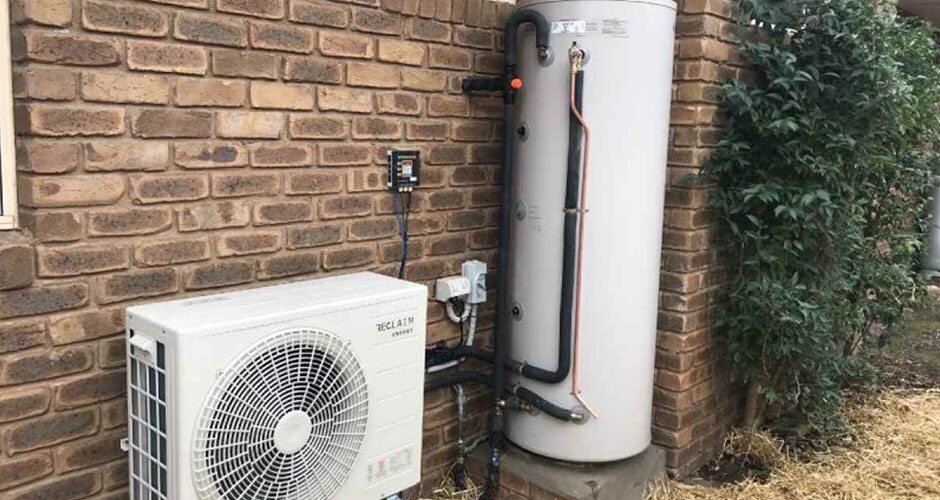Few things disrupt a daily routine more than an unexpected lack of hot water. For households using off-peak hot water systems, running out of heated water during high-demand times can be a frustrating experience. Knowing how to override off peak hot water is a valuable skill that literally ensures you’re never left in the cold.
Before delving into the steps, it’s essential to understand the type of hot water system you have at home. Whether your system is electric, solar, or heat pump-based, knowing its configuration will guide you in effectively overriding its off-peak schedule.
What is Off Peak Hot Water?
Off-peak hot water systems operate during specific times of the day, typically late at night or early morning when electricity rates are lower. This is achieved through a scheduled heating cycle controlled by timers or a dedicated circuit. The water is heated and stored in an insulated tank throughout the day.
Off-peak systems are popular in Australia because they:
- Save on Energy Costs: Heating during low-demand periods is more affordable.
- Utilise Storage Tanks: These systems store a large volume of hot water during peak times.
- Reduce Strain on the Grid: By shifting energy consumption to off-peak hours, they help balance electricity demand.
Despite their advantages, off-peak systems can run out of hot water during periods of high usage, necessitating an override function.
Why Understanding Your Hot Water System Matters
Knowing the type of hot water system in your household is crucial for effective management and troubleshooting. The process for overriding off-peak hot water varies depending on the system’s design. Common types include:
- Electric Storage Systems: These are the most common off peak systems for heating and storing water in a large tank.
- Solar Hot Water Systems: These rely on solar energy and may have an electric booster for off-peak use.
- Heat Pump Systems: These use ambient air to heat water and can operate during off-peak hours for energy efficiency.
- Continuous Flow Systems: These systems heat water on demand and don’t typically rely on off-peak schedules.
If you’re unsure which type of system you have, check the user manual, look for labels on the tank, or consult our professional plumber from Ezy-Plumb.
Why You Might Need to Override Off Peak Hot Water
Off-peak systems are designed to meet average daily needs, but certain situations may require you to override their schedule:
- Increased Demand: Hosting guests, doing extra laundry, or back-to-back showers can deplete the tank faster than usual.
- Cold Weather: During winter, water usage often increases for heating, cleaning, and longer showers.
- System Issues: If your tank isn’t heating efficiently, overriding can temporarily restore supply while you arrange for repairs.
- Unexpected Events: A sudden need for hot water outside the scheduled heating period requires immediate action.
How to Override Off Peak Hot Water Based on Your System
1. Electric Storage Systems
Electric storage tanks are the most common type of off-peak system and typically include a booster switch for manual overrides.
- How to Override: Locate the booster switch on the electrical circuit board or near the tank. Flipping this switch temporarily activates the heating element to replenish your hot water.
- What to Know: Boosting your system consumes electricity at peak rates, so use this function sparingly.
2. Solar Hot Water Systems
Solar systems use sunlight to heat water, supplemented by an electric booster for cloudy days or additional demand.
- How to Override: Activate the booster switch on the control panel or circuit board. This will engage the electric element to heat water immediately.
- What to Know: Use the booster only when necessary to maximise energy savings from solar heating.
3. Heat Pump Systems
Heat pumps are energy-efficient systems that use ambient air to heat water. Many models include a booster for periods of high demand.
- How to Override: Access the control panel to switch on the booster mode. This will temporarily increase heating capacity to meet your needs.
- What to Know: Heat pump boosters are generally more energy-efficient than traditional electric elements.
4. Continuous Flow Systems
Continuous flow systems provide hot water on demand and don’t rely on storage tanks or off-peak schedules.
- How to Override: These systems don’t require an override function, as they heat water whenever needed.
- What to Know: Ensure your system is maintained correctly to avoid delays in water heating.
Step-by-Step Guide: How to Override Off Peak Hot Water
- Identify Your System Type: Confirm whether you have an electric, solar, or heat pump system.
- Locate the Booster Switch: Check the booster switch location for the control panel, circuit board, or manual.
- Activate the Override: Flip the switch or press the booster button to begin heating immediately.
- Wait for Heating: It may take 30–60 minutes to heat enough water, depending on your system.
- Monitor Usage: Use the boosted water sparingly to extend availability until the next heating cycle.
- Deactivate the Booster: Turn off the booster once you’ve used the required amount to avoid unnecessary energy consumption.
Benefits of Learning to Override Off Peak Hot Water
- Increased Flexibility: Meet high-demand periods without waiting for the next scheduled cycle.
- Improved Comfort: Avoid cold showers and keep your household running smoothly.
- Enhanced Control: Tailor your hot water availability to your needs.
When to Call a Professional
If overriding your off-peak hot water doesn’t resolve your issue, there may be underlying problems such as:
- Malfunctioning heating elements or thermostats
- Faulty booster switches
- Insufficient tank capacity for your household’s needs
Our licensed professionals can diagnose and repair your system to restore its efficiency. We also provide expert advice on upgrading to a more suitable hot water system.
Tips to Prevent Running Out of Hot Water
- Understand Your Usage Patterns: Monitor how much water your household uses daily to determine if your current system is adequate.
- Schedule Maintenance: Regular servicing ensures your system operates efficiently and meets demand.
- Upgrade If Necessary: If you frequently run out of hot water, consider upgrading to a larger tank or a continuous flow system.
By understanding how to override off peak hot water and knowing your household’s specific system, you can enjoy consistent comfort and avoid disruptions. For expert assistance with your hot water needs, call your local plumber Ezy-Plumb.

